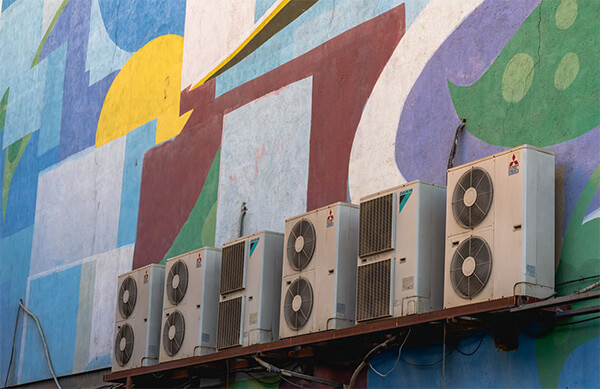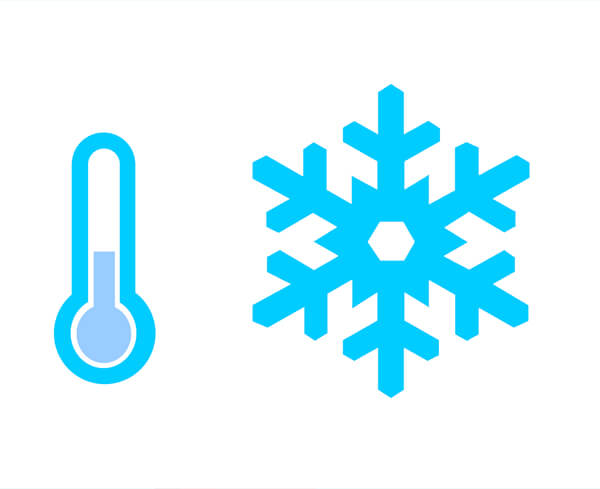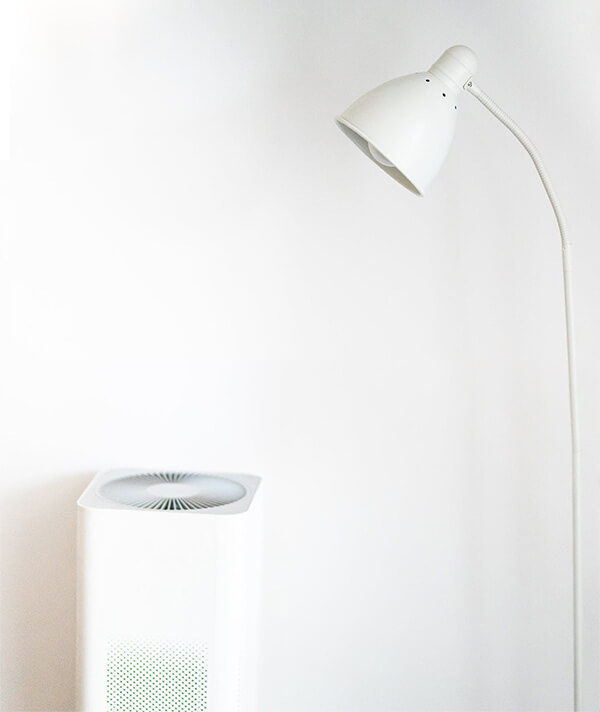AC, HVAC–what does it all mean?
Any property owner or homeowner knows that, inevitably, there will come a time when they will need to call in certain specialists. HVAC specialists can be beneficial when it comes to keeping your home at a comfortable temperature and level of humidity, but the terms can be a little confusing if you aren’t familiar with the industry. In this article, we will explore the difference between these common acronyms.
Understanding These Common Industry Terms
Industry terms can tell us a lot about an industry, but most industry experts use easy acronyms to communicate. HVAC and AC are both common acronyms for the heating and cooling industry–and the difference might be easier to understand than you might think. Let’s break down these acronyms for some clarity.
What is HVAC?
HVAC is an acronym that stands for heating, ventilation, and air conditioning. This term is used in a variety of ways, and it is certainly a more simplistic way to address heating and cooling services. People use this term because it is easier to remember, but it is more than just a series of words.
The term “HVAC” can be used applied to any service that is related to heating or cooling in your home. This is true because it pertains to HVAC systems, meaning the systems in your home that are responsible for heating or cooling. Your home’s heater and air conditioner are often fit into one simple system–the HVAC system.
What is AC?
AC, as you might be able to guess, stands for air conditioning. Air conditioning allows you to keep your home cool when you need to, and it is generally considered to be a pretty important feature in any property. Without it, you and your family could be subjected to painfully high temperatures that could even be dangerous in some circumstances. Air conditioning units are also responsible for removing moisture from the air.
How Do They Come Together?
HVAC and AC come together pretty easily because AC is a part of the acronym HVAC. However, it is important to understand that these terms are not completely interchangeable. HVAC as a term speaks to heating and ventilation, not just air conditioning, which means that there is more to consider. Though you will call an HVAC specialist to fix your air conditioning, you can also call them for a variety of other reasons.
The Takeaway
While HVAC and AC do fit together, each term is important in its own way. Our homes can be kept at a comfortable temperature because of powerful HVAC systems, and most people would agree that the air conditioning part of the system is very important. Whether your HVAC systems need a tuneup or you are looking to invest in a new system, your local Denver air conditioning team is happy to help keep your home at the right temperature!




